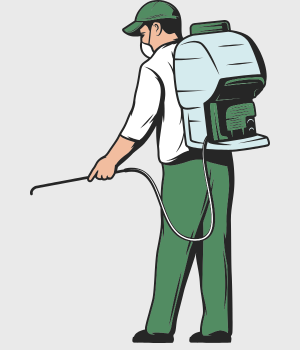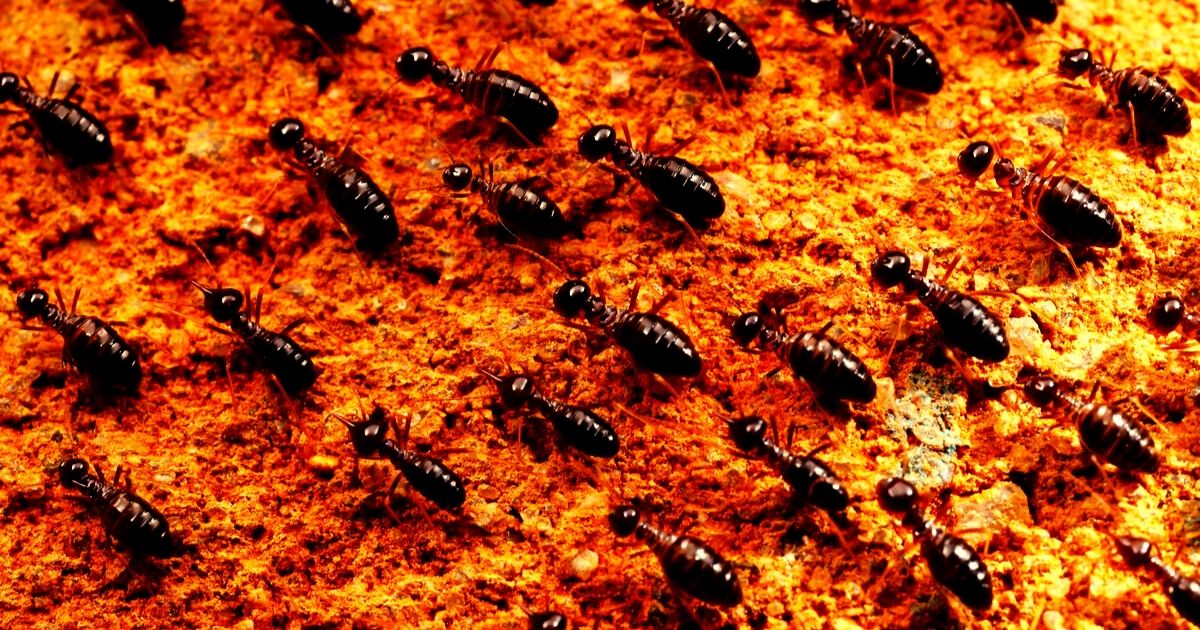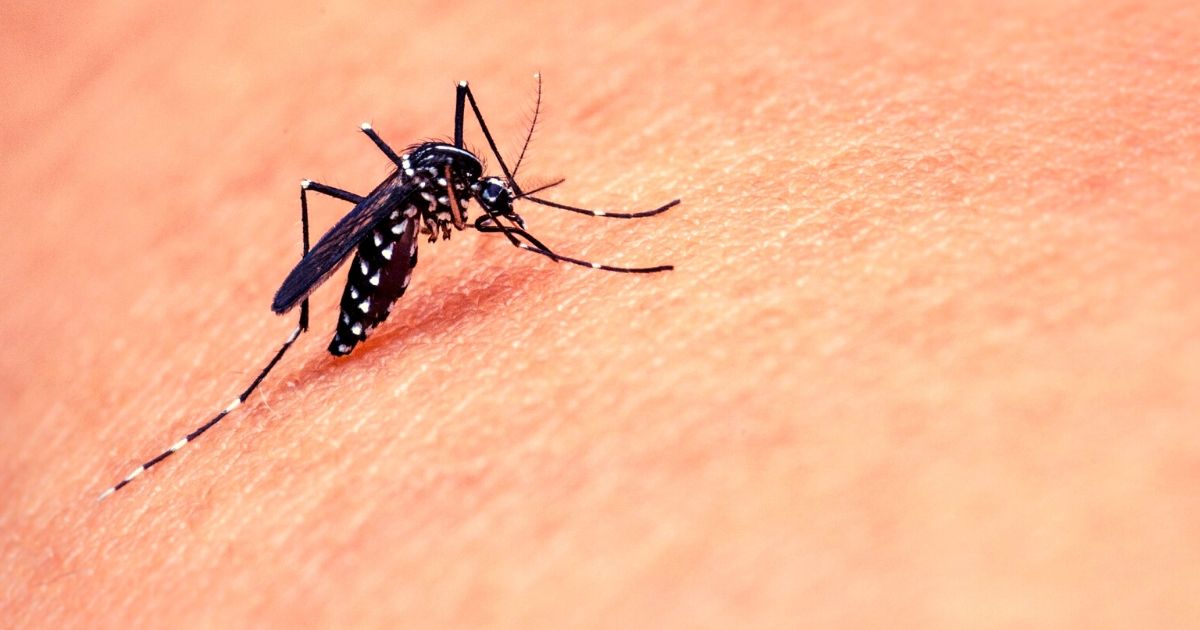The Complete Guide to Hornets Prevention, Treatment, and Control in Singapore

Hornets, a type of flying stinging insect, are found throughout the world, including Singapore. These insects are often confused with bees and wasps as they have a similar colour and shape. Similar to bees and wasps, hornets can build nests near your home and cause distress because of their painful stings. Explore everything you need to know about hornets in Singapore and how to get rid of them.
Table of Contents
What’s the Difference Between Hornets vs Wasps?
In short, hornets are a type of wasp, being a specific subgroup within the wasp family. They are black and yellow in colour, but generally larger than other types of wasps. Like other wasps, they build nests and can have painful stings, but they also have some unique characteristics.
Types of Hornets in Singapore
There are several hornet species in Singapore with their unique characteristics. It is important to understand the difference between these species for effective pest control. Some of the hornets commonly found in Singapore include:
1. Lesser Banded Hornet
The Lesser Banded Hornet is small to medium in size (18-30mm) with a vibrant orange and black coloration. Usually, the Lesser Banded Hornet is non-aggressive and won’t attack unless provoked.
2. Greater Banded Hornet
Greater Banded Hornets are the larger cousins (24-30mm) of the Lesser Banded Hornets that also have striking orange and black coloration. They are more territorial and can attack when their nests are disturbed.
3. Yellow-Vented Hornet
Yellow-Vented Hornets are medium to large in size (20-34mm) and have a black coloration with yellow tip. They are less aggressive and will attack only if greatly provoked.
Life Cycle and Biology
Hornets are social insects that live in colonies. They usually have larger colonies and nests than other types of wasps. Hornet nests are common in Singapore and are found in homes and gardens, as well as parks and public areas.
Hornets typically build their nests in sheltered locations, such as tree branches, bushes, roof eaves, or even inside walls. They build their nests from a paper-like material they create by chewing wood and mixing it with their saliva. These nests can become quite extensive, housing thousands of hornets.
Want to find out more about wasp & hornet removal in Singapore?

Hazards of Hornets – Are They Dangerous?
Hornets can pose hazards to humans because of their venomous sting. Hornet stings can be painful and, for some individuals, cause allergic reactions. Most people will only experience localized pain, swelling, or redness, but allergic people may suffer from severe reactions.
If you encounter hornets, it is important to stay calm and avoid disturbing them. Usually, they won’t sting unless they feel threatened or provoked.
Signs of a Hornet Infestation
Identifying a hornet infestation early is important for effective pest control. Common signs of a hornet infestation include:
- Hornets frequently flying around your property
- Visible huge nests, especially in sheltered areas
- Large number of dead hornets near your property
Common areas to look out for hornets include:
- Near doors and windows
- In the attic or roof space
- Under roof eaves and in wall gaps
- In trees and bushes in your garden
- Under playground equipment, garden benches or tables

How to Prevent and Get Rid of Hornets
If you suspect a hornet infestation on your property, there are some steps you can take to address the issue.
Seal Entry Points: Prevent hornets from getting inside your home by inspecting it for potential entry points (and sealing them).
Regular Maintenance: Keep your property well-maintained, as hornets are attracted to decaying wood/paper and organic matter that they use for building nests.
Remove Food Sources: Hornets are attracted to food odors so it is important to keep outdoor food and trash bins tightly sealed.
Nest Removal: If you find a hornet nest near your home or in your garden, it’s best to contact a professional pest management company for hornet nest removal. It is not safe to remove hornet nests without proper skills and equipment.
Pro Tip: If you need help with a hornet infestation at your property, contact pest control professionals for safe and effective hornet removal.
DIY Methods to Prevent Hornets
While DIY methods don’t guarantee hornet prevention, they can be effective to some extent. Here are some common natural methods to prevent hornets from your property:
- Using Essential Oils: Some essential oils like peppermint or clove oil have a strong scent that can repel hornets and prevent them from building nests. To prevent hornets, mix a few drops with water and spray them in areas where hornets are active.
- Plant Mint or Other Hornet-Repelling Plants: Mint has a strong scent that can repel hornets and other insects. Planting them in your garden, on your balcony or near your home can also help keep hornets away from your property. Other hornet-repelling plants include wormwood and marigolds.

Pest Problem? Let Us Help.
We offer fast and effective precision treatments to eliminate pests while ensuring a safe environment for your home or business.
When to Hire Professional Hornet Treatment in Singapore?
If you have a hornet infestation, in most cases it is recommended to seek the assistance of a professional pest control service in Singapore. Killem Pest has the knowledge and equipment to handle hornet infestations effectively, safely and quickly.
Author: Soleha Nisaa
Frequently Asked Questions
It is recommended to hire licensed pest control professionals to handle hornet infestations and to follow their advice on preventive measures.
Yes, some birds and certain insects are natural predators and can help control hornet populations. Having a diverse ecosystem in your garden can lead to a balanced hornet population.
Yes, some eco-friendly approaches include using natural repellents and traps designed to catch hornets without harmful chemicals. These methods are less harmful to the environment.






